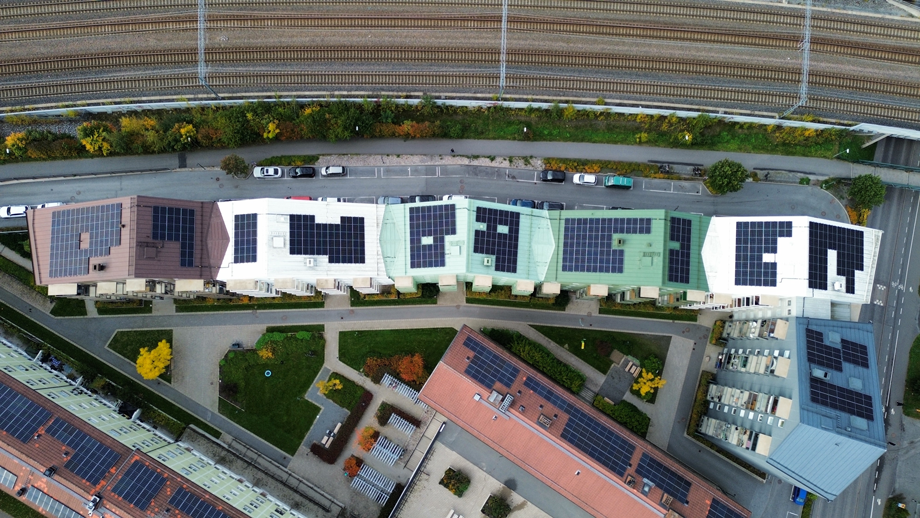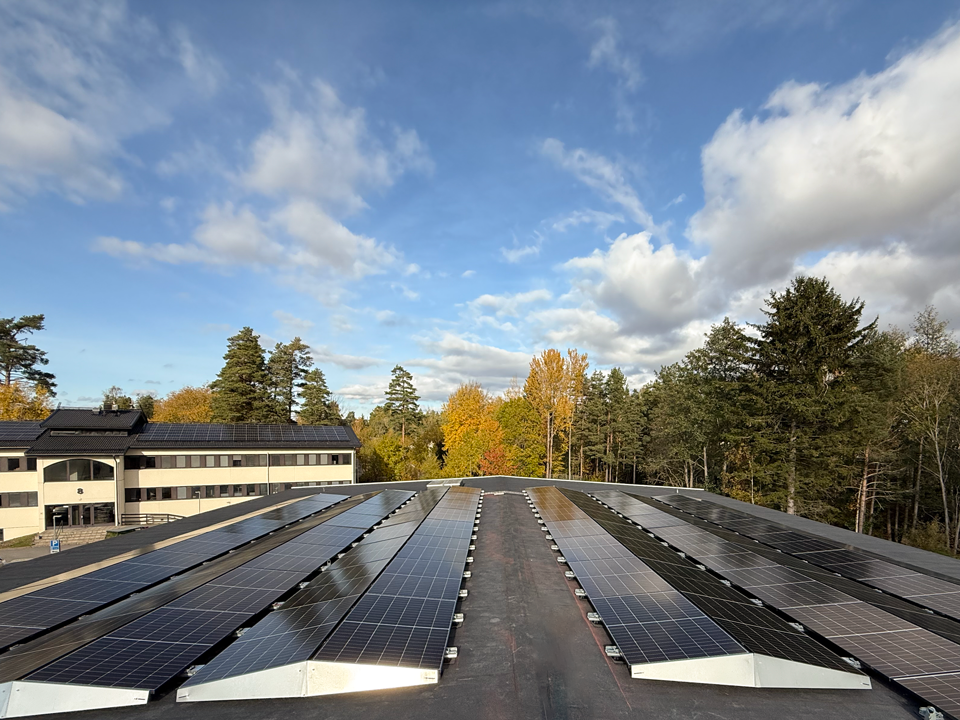A sustainable and organic energy storage has been developed by researchers at the Laboratory for Organic Electronics at Linköping University. The new technology is said to have such a large capacity that it can balance effects in the electricity grid and thus increase the distribution to better meet electricity consumption.
The new technology is presented as safe, cheap and sustainable, and was recently awarded at the climate summit in Glasgow earlier this month.
– Our results open up for safe, environmentally sustainable organic energy storage with high power content, 5 kW/kg, where the electrodes are made of wood material in a printing press. However, we need to improve the energy density, right now our organic batteries are better than regular supercapacitors, about like lead-acid batteries, but worse than Li-ion, says Xavier Crispin, professor at Linköping University and one of those behind the technology, to a press release from the university.
Two breakthroughs are the basis
The energy storage method has been scientifically published and, according to the press release, is mainly due to two breakthroughs in the area: Electrolytes in wood material manufactured on a roll, and a new water-based electrolyte. The technology is based on water-based electrolytes and carbon-based electrodes, which is a combination that previously meant that the system often discharged in less than a day. The researchers' development of a polyelectrolyte counteracts the negative effect.
– The voltage drop, i.e. the self-discharge, is less than 0.5 V in 100 hours, which is a world record for energy storage with organic electrodes in water-based electrolyte, says Xavier Crispin in the press release.
The technology is considered cheap to manufacture as it partly consists of an easily accessible by-product from the pulp industry. The research is mainly funded by the Knut and Alice Wallenberg Foundation and via the Swedish government's strategic investment in Advanced Functional Materials, AFM, at Linköping University.
Are you interested in energy storage for your property? Read more about our offer here.





